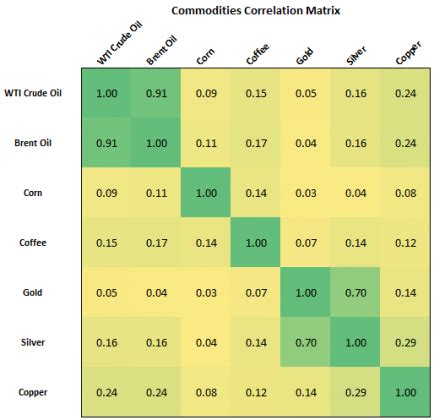Market Correlation: How Different Cryptos Interact
Market Correlation: How do different cryptos interact

The cryptocurrency has experienced rapid growth in recent years, many new coins have broken up and the existing is growing. At the same time, as with all asset classes, there are different cryptocurrencies that can affect the market correlation with different characteristics. In this article, we strive for how cryptocurrencies contact each other, highlighting the most important relationships, differences and possible consequences of investors.
Overview of the cryptocurrency market
The cryptocurrency market is closely linked, and various tools affect each other’s prices and performance. This connection comes from the following reasons:
- Exchange stock exchange fees : If a new cryptocurrency is listed on a stock exchange, it will result in stock exchange fees that are often fixed to 10-20%. These fees can significantly affect your trading volume and market correlation with existing cryptocurrencies.
- Safety Risks : Cryptocurrencies with high security risks may experience greater volatility due to increased probability of hacking or other security violations.
- Regulatory Environment : Changes in the regulatory environment, such as government policies or changes in international sanctions, can affect cryptocurrency prices and market correlation.
Correlation between different cryptos
The relationships between different cryptocurrencies vary depending on their characteristics, use and levels of acceptance. Here are some examples of how cryptocurrencies contact each other:
Bitcoin (BTC) vs. ETHEREUM (ETH) **: BTC tends to surpass the value shop due to stronger brand recognition, higher safety standards and a more well -founded use.
* Litecoin (LTC) vs. Bitcoin Cash (BCH) : LTC has performed historically better than BCH, probably due to its faster transaction speed and lower fees than BCH.
* Monero (XMR) vs. Zcash (ZEC) : Monero’s private transaction method was more popular among users, resulting in higher prices than Zcash.
* Chainlink (link) vs. Uniswap (UNI) : The relationship is fixed to the price of BTC and ETH as it has close correlation with these two cryptocurrencies.
Main correlations
Here are some key relationships between different cryptocurrencies:
* Bitcoin vs. Ethereum : Correlated closely, beyond Bitcoin, ETH in terms of market capitalization.
* Litecoin vs. Bitcoin Cash : Moderately correlated, performs better than LTC than BCH’s faster transaction rate and lower fees.
* Monero vs. Zcash : In a poorly correlated, Monero’s private transaction method leads to higher prices than Zcash.
Differences of cryptocurrencies
Various cryptocurrencies have features that can affect market correlation:
* Safety : Stronger safety standards lead to better market performance and lower volatility.
* Usage Case : Different cases such as mining or payment fees affect the market capitalization of each cryptocurrencies.
* The Adoption Level : Higher adoption levels result in greater liquidity on the market, influencing prices and correlations.
Conclusion
The market correlation between different cryptocurrencies is a complex issue in which different factors influence their interactions. Understanding these correlations can help investors make decisions for investors when navigating the cryptocurrency market. By recognizing the most important correlations, differences and possible consequences of each cryptocurrencies, investors can be better prepared for the developing region of the asset class.
More tips for investors
- Diversify your portfolio : Distribution of investments between different cryptocurrencies to minimize losses due to market fluctuations.
2.